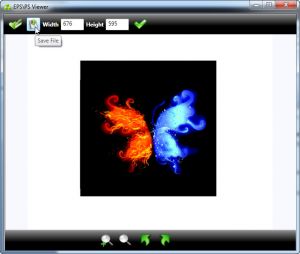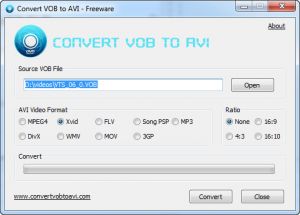 How to Convert MAT to XLS with Stat/Transfer
How to Convert MAT to XLS with Stat/Transfer
MAT files are actually binary data files created and used by MatLAB applications. This type of file usually contains arrays, functions, variables, expressions, and other mathematical data. XLS is one of the filename extensions used for Excel spreadsheets. XLS files are commonly used for the older version of Microsoft Excel (as the newer versions apply XLSX) and they contain data arranged in rows and columns. Converting MAT files to XLS spreadsheets can be useful if you want to quickly export data from your MatLAB as a format supported by multiple applications (compared to MAT files that are mainly used by MatLAB).
I will demonstrate the conversion process using Stat/Transfer 1.0 (Shareware $295) by Circle Systems, Inc., because it is one of the few methods you can turn MAT files into XLS without having to deal with MatLAB. It is also very easy to use as you will see from the following guide.
Tutorial assets
You will need to download the following software to keep up with this tutorial.
Here are the simple steps you will need to complete in order to convert your files
Step 1
Select MatLAB as the input file type.
Select MatLab as the Input Format
Step 2
Load your MAT file by clicking on the "Browse" button.
Step 3
Choose "Excel '97-2003" as the output file type.
Output Format Selection
Step 4
Change the output location by pressing the "Browse" button.
Step 5
Click on the "Transfer" button to start the conversion.
Conclusion
As you can see, turning MatLAB MAT files into Excel XLS spreadsheets with Stat/Transfer is a pretty simple process (as long as you don't have to modify any parameters). The only other way to perform the conversion task (at least, the only one that I've found) is by using MatLAB applications and the xlswrite command. I believe that the presented method is much easier and cheaper than the alternative.
- Easy to use
- Support for large number of formats
- Lots of output customization options
- A bit expensive ($295)
Alternative downloads
-
 Stat/Transfer
$149
windows
Select output variables and control their storage types, allows case selection, random sampling...
Download
Stat/Transfer
$149
windows
Select output variables and control their storage types, allows case selection, random sampling...
Download





Comments
Subscribe to comments